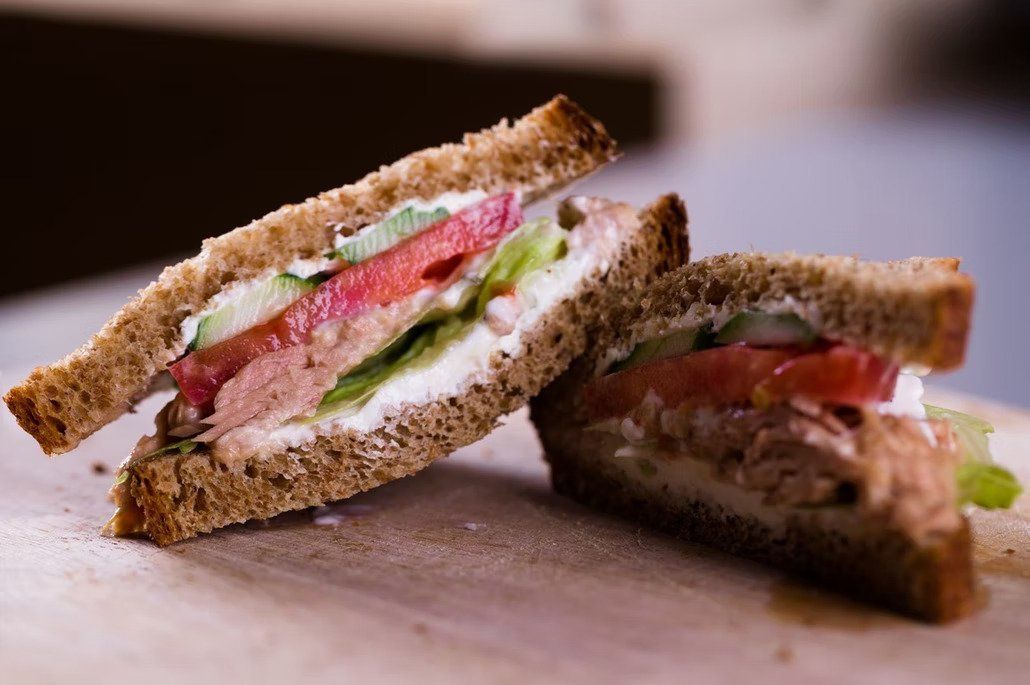Good nutrition can help an athlete perform better and recover faster after each workout. Physical activity uses more energy than normal and this helps to control weight or lose weight. Eating well for physical activity and exercise can have many benefits like:
- allowing you to perform well during exercise
- reducing the risk of injury and illness
- ensuring the best recovery after exercise.

The Importance of Pre-Workout Nutrition
Pre-workout nutrition is very important for eliminating hunger, maintaining glycogen stores, preserving muscle mass, and preventing dehydration.
Your muscles use the glucose from carbohydrates for fuel. For short and high-intensity exercises, glycogen stores are your muscles' main source of energy.
The key point before a pre-workout meal is to eat protein with carbohydrates. In fact, fats should be restricted because it takes longer for them to drain from the stomach.
Also, be careful with the type of carbohydrates you consume before exercise. Simple carbohydrates can cause poor performance during exercise, as they cause your blood sugar to rise and fall quickly. Therefore, it is better to prefer complex carbohydrates such as whole wheat pasta/ bread or vegetables or fruits before exercise.
The timing of a pre-workout meal is also very important. Be warned that exercising with a full stomach can cause nausea or even vomiting. Pre-workout snacks should be eaten at least 30-45 minutes before and main meals at least 2-3 hours before. This will help prevent any stomach discomfort during exercise.
5 Suggestions for Pre-Workout Meal/Snack
Here are 5 different pre-workout meal examples;
- A portion of fruit like 1 medium apple with 1 glass of low-fat milk or 1 cup of plain Greek yogurt
- Bananas with peanut or almond butter
- Whole wheat crackers with a slice of cheese
- Turkey in a whole-grain wrap with veggies
- An egg omelet with a slice of whole-wheat bread
The Importance of After-Workout Nutrition
Nutrition after a workout is very important for recovery, filling glycogen stores, and gaining muscle mass.
In fact, after workout meals help you to prepare for your next exercise. If your glycogen stores empty during exercise and are not replaced after exercise, muscle loss may occur on the next exercise. If you eat after the exercise, your glycogen stores are replenished within the first 2 hours.
After exercise, food should be eaten within the first 30-40 minutes.
A combination of protein and carbohydrates is essential after a workout. Proteins help the recovery and development of muscles while carbohydrates help prepare us for the next exercise by replenishing glycogen stores.

Don’t forget that it is important not to eat too much after exercise. The protein requirement for a normal adult is 1 gram/ kg per day. The protein needed for athletes is around 1.2-2 grams/ kg. But this amount may increase depending on the type of sport and the muscle mass of the person.
5 Suggestions for an After Workout Meal/ Snack
- A Banana and low-fat milk smoothie with nuts
- A Protein bar
- Grilled meat or chicken with a quinoa salad
- Tuna sandwich with mixed greens
- Scrambled eggs with oats
Before, During, and After: Drink Up
Our body needs water to function and hydration is incredibly important for exercise performance. It is crucial to drink before, during, and after your workout.
- Before: 17-20 oz. of water at least 2 hours prior to exercise
- During: 7-10 oz. of water for every 10-20 minutes of exercise
- After: 16-24 oz. of water for each pound lost due to sweating
Don’t wait until you are thirsty! Thirst is an early sign of dehydration and if you wait until you are thirsty, you have already begun to dehydrate.
After a workout, the prevention of fluid, mineral, and electrolyte loss is very important.
Since these losses increase especially during exercises lasting more than an hour, sports drinks can be added and should be drunk every 15-20 minutes.
Foods to Avoid
Eating high-fiber, lactose, and foods high in fat before exercise or racing can lead to gastrointestinal problems. Therefore, these foods should be restricted before exercise.
Conclusion
Do not forget that the diet of an endurance athlete and bodybuilder is quite different according to their exercise patterns. Therefore, sports nutrition will also vary according to person to person.
Related: 12 Best At-Home Workouts You Can Do Without Any Equipment















